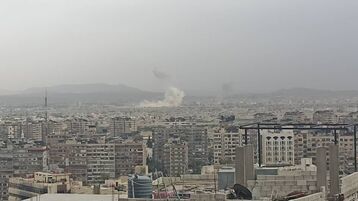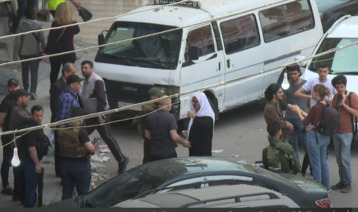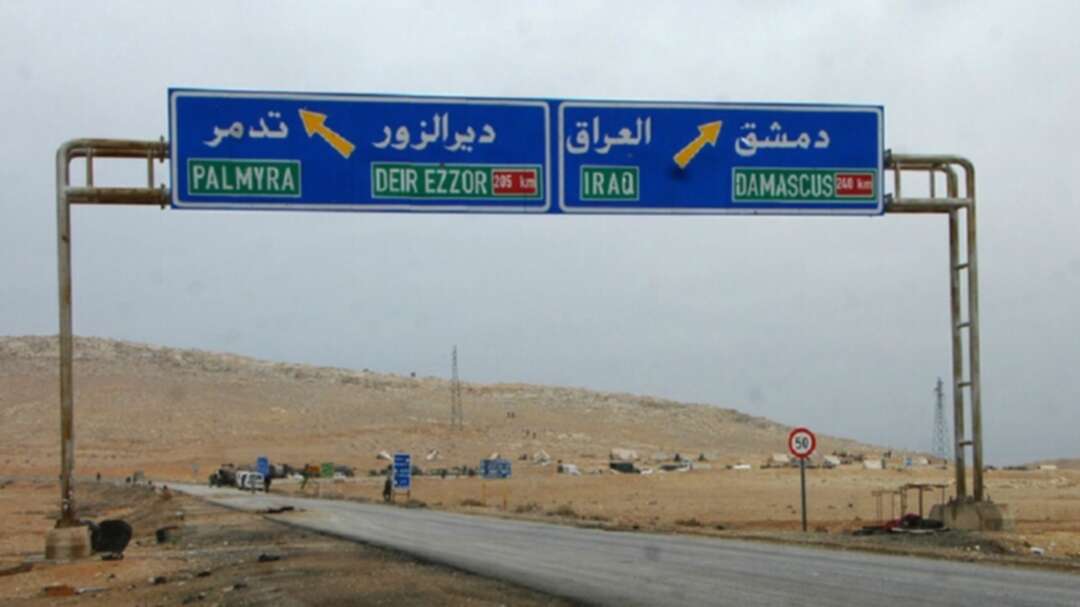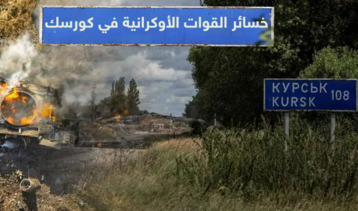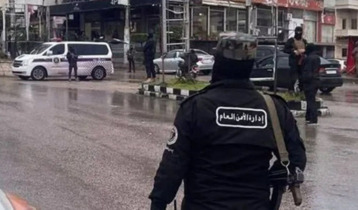-
Afghan government blames Taliban for stalling peace talks
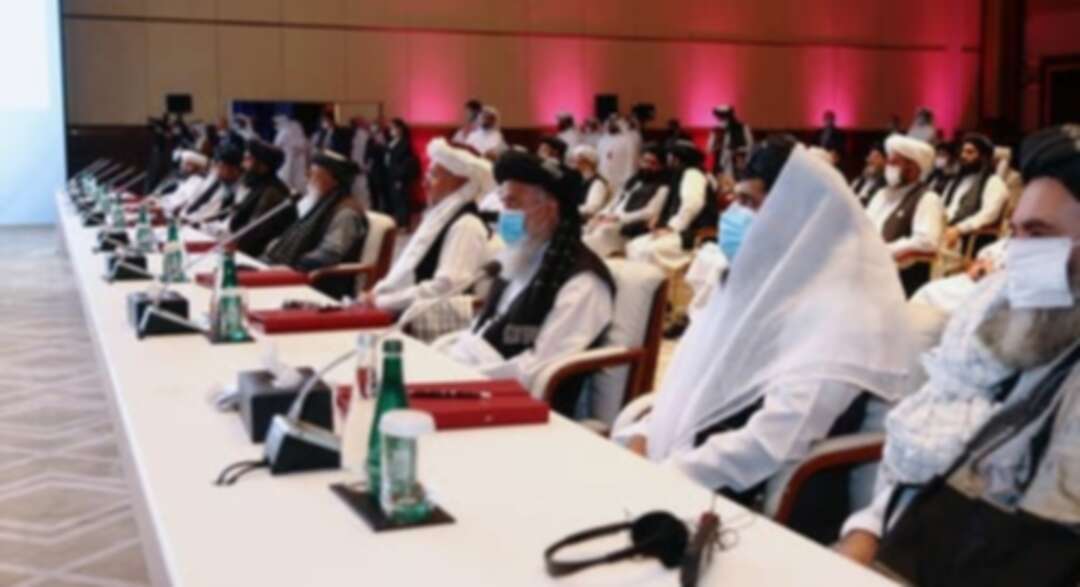
Afghan authorities lambasted the Taliban Wednesday for failing to actively participate in peace talks seeking to end the country’s long-running war.
Following months of deliberations and a first round that failed to achieve any major breakthrough, the Afghan government and Taliban are meeting again in Qatar -- but so far only discussing the agenda for round two.
“Unfortunately, the talks are going at a snail’s pace,” Waheed Omar, media adviser to President Ashraf Ghani told reporters.
“The Taliban have no clear vision. We see no changes in them.”
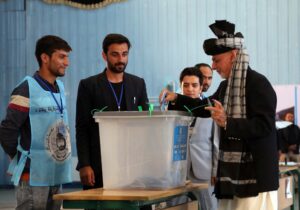 Afghan President Ashraf Ghani, right, casts his vote at Amani high school, near the presidential palace in Kabul, Afghanistan, Saturday, Sept. 28, 2019. Afghans headed to the polls on Saturday to elect a new president amid high security and Taliban threats to disrupt the elections, with the rebels warning citizens to stay home or risk being hurt. (AP Photo/Rahmat Gul)
Afghan President Ashraf Ghani, right, casts his vote at Amani high school, near the presidential palace in Kabul, Afghanistan, Saturday, Sept. 28, 2019. Afghans headed to the polls on Saturday to elect a new president amid high security and Taliban threats to disrupt the elections, with the rebels warning citizens to stay home or risk being hurt. (AP Photo/Rahmat Gul)Kabul is pushing for a permanent ceasefire and to protect governance arrangements in place since the ouster of the Taliban by a US-led invasion following the September 11, 2001 terror attacks.
But since the second round of talks began on January 6 in Doha there has been no significant announcement about how negotiations were proceeding.
The talks have been marred by a surge in violence, with a recent spate of high-profile killings of officials, judges, journalists and activists leaving the war-weary country reeling.
Omar said there was no plan to release more Taliban prisoners to help spur the talks along, saying the government’s previous experience of releasing insurgents failed to reduce fighting.
“The Taliban not only did not reduce the violence, but they increased the violence,” Omar said.
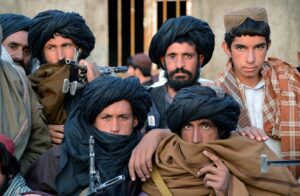 In this photograph taken on November 3, 2015, Afghan Taliban fighters look on as they listen to Mullah Mohammad Rasool Akhund (unseen), the newly appointed leader of a breakaway faction of the Taliban, at Bakwah in the western province of Farah. (AFP)
In this photograph taken on November 3, 2015, Afghan Taliban fighters look on as they listen to Mullah Mohammad Rasool Akhund (unseen), the newly appointed leader of a breakaway faction of the Taliban, at Bakwah in the western province of Farah. (AFP)Before the start of the peace talks on September 12, authorities released more than 5,000 Taliban inmates as demanded by the group in a deal with Washington last year.
In return, the Taliban agreed to give some security guarantees and participate in peace talks aimed at ending the country’s war.
Under the landmark deal signed last year, the US pledged to pull out all foreign forces from Afghanistan by May 2021.
Both the Taliban and the Afghan government are anxiously awaiting President-elect Joe Biden’s inauguration and any new policy directions from the incoming administration.
source: AFP
Image source: Reuters
Levant
You May Also Like
Popular Posts
Caricature
BENEFIT Sponsors BuildHer...
- April 23, 2025
BENEFIT, the Kingdom’s innovator and leading company in Fintech and electronic financial transactions service, has sponsored the BuildHer CityHack 2025 Hackathon, a two-day event spearheaded by the College of Engineering and Technology at the Royal University for Women (RUW).
Aimed at secondary school students, the event brought together a distinguished group of academic professionals and technology experts to mentor and inspire young participants.
More than 100 high school students from across the Kingdom of Bahrain took part in the hackathon, which featured an intensive programme of training workshops and hands-on sessions. These activities were tailored to enhance participants’ critical thinking, collaborative problem-solving, and team-building capabilities, while also encouraging the development of practical and sustainable solutions to contemporary challenges using modern technological tools.
BENEFIT’s Chief Executive Mr. Abdulwahed AlJanahi, commented: “Our support for this educational hackathon reflects our long-term strategic vision to nurture the talents of emerging national youth and empower the next generation of accomplished female leaders in technology. By fostering creativity and innovation, we aim to contribute meaningfully to Bahrain’s comprehensive development goals and align with the aspirations outlined in the Kingdom’s Vision 2030—an ambition in which BENEFIT plays a central role.”
Professor Riyadh Yousif Hamzah, President of the Royal University for Women, commented: “This initiative reflects our commitment to advancing women in STEM fields. We're cultivating a generation of creative, solution-driven female leaders who will drive national development. Our partnership with BENEFIT exemplifies the powerful synergy between academia and private sector in supporting educational innovation.”
Hanan Abdulla Hasan, Senior Manager, PR & Communication at BENEFIT, said: “We are honoured to collaborate with RUW in supporting this remarkable technology-focused event. It highlights our commitment to social responsibility, and our ongoing efforts to enhance the digital and innovation capabilities of young Bahraini women and foster their ability to harness technological tools in the service of a smarter, more sustainable future.”
For his part, Dr. Humam ElAgha, Acting Dean of the College of Engineering and Technology at the University, said: “BuildHer CityHack 2025 embodies our hands-on approach to education. By tackling real-world problems through creative thinking and sustainable solutions, we're preparing women to thrive in the knowledge economy – a cornerstone of the University's vision.”
opinion
Report
ads
Newsletter
Subscribe to our mailing list to get the new updates!

